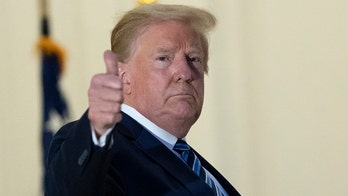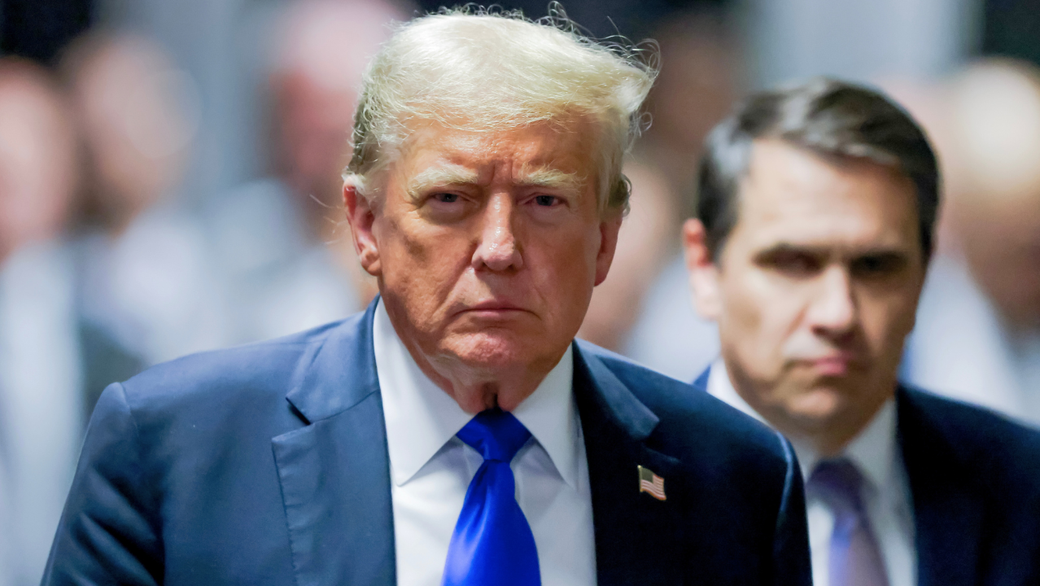Columnist David Marcus warns of the potential impact of polarizing rhetoric, arguing that it could lead to increased tolerance for political violence.
In the aftermath of two assassination attempts against former President Donald Trump, columnist David Marcus has raised concerns about the potential consequences of incendiary rhetoric. He argues that the public's muted reaction to the second attempt is indicative of a growing desensitization to political violence.
"This time, nobody changed the TV channel. Nobody talked about it. It was palpable," Marcus told Steve Doocy on "Fox & Friends." "It was like nothing happened, and that was scary because when we get desensitized to these things, it can get really ugly, really fast."

Incendiary Rhetoric Against Trump Could Desensitize Americans to Political Violence
Marcus highlights the disparity in public reaction between the first and second assassination attempts on Trump. The first attempt elicited widespread concern, but the second was met with a more subdued response. This, he argues, suggests that political rhetoric has become increasingly polarizing, leading to a diminished sense of urgency about such incidents.
"If such an attempt had been made on Vice President Kamala Harris' life, the games would not only have been cut away for the news, they'd likely have been suspended," writes Marcus. "But this is about more than media bias, it's about social callousness."

Incendiary Rhetoric Against Trump Could Desensitize Americans to Political Violence
The columnist's concerns have been echoed by Republican critics, who have accused Democrats of labeling Trump as a "threat to democracy" even after the assassination attempts. White House Press Secretary Karine Jean-Pierre defended the use of this language, but Republican critics have argued that it creates a dangerous atmosphere.
"How many more assassination attempts on Donald Trump until the president and the vice president, and you pick a different word to describe Trump other than threat?" asked Fox News' Peter Doocy.

Incendiary Rhetoric Against Trump Could Desensitize Americans to Political Violence
Marcus also criticizes Democrats for initially blaming Republican rhetoric for a series of bomb threats against schools in Springfield, Ohio. These threats were later found to be overseas hoaxes. He argues that this incident highlights the Democrats' willingness to jump to conclusions and their lack of accountability for their statements.
"The Democrats and their allies in the media are pushing this," says Marcus. "It's bad that Trump and Vance are being absurdly blamed for Trump's own assassination. It's bad that the Democrats are very likely pushing an information operation, but the worst part of this is that the good people of Springfield, Ohio, who I just spent several days with, are being smeared as racist MAGA monsters who want to blow up schools."

Incendiary Rhetoric Against Trump Could Desensitize Americans to Political Violence
Marcus concludes by calling for apologies from the media and Vice President Harris for their role in perpetuating incendiary rhetoric. He emphasizes the need for a more measured and responsible approach to political discourse, warning that unchecked polarization could lead to disastrous consequences for the nation.










